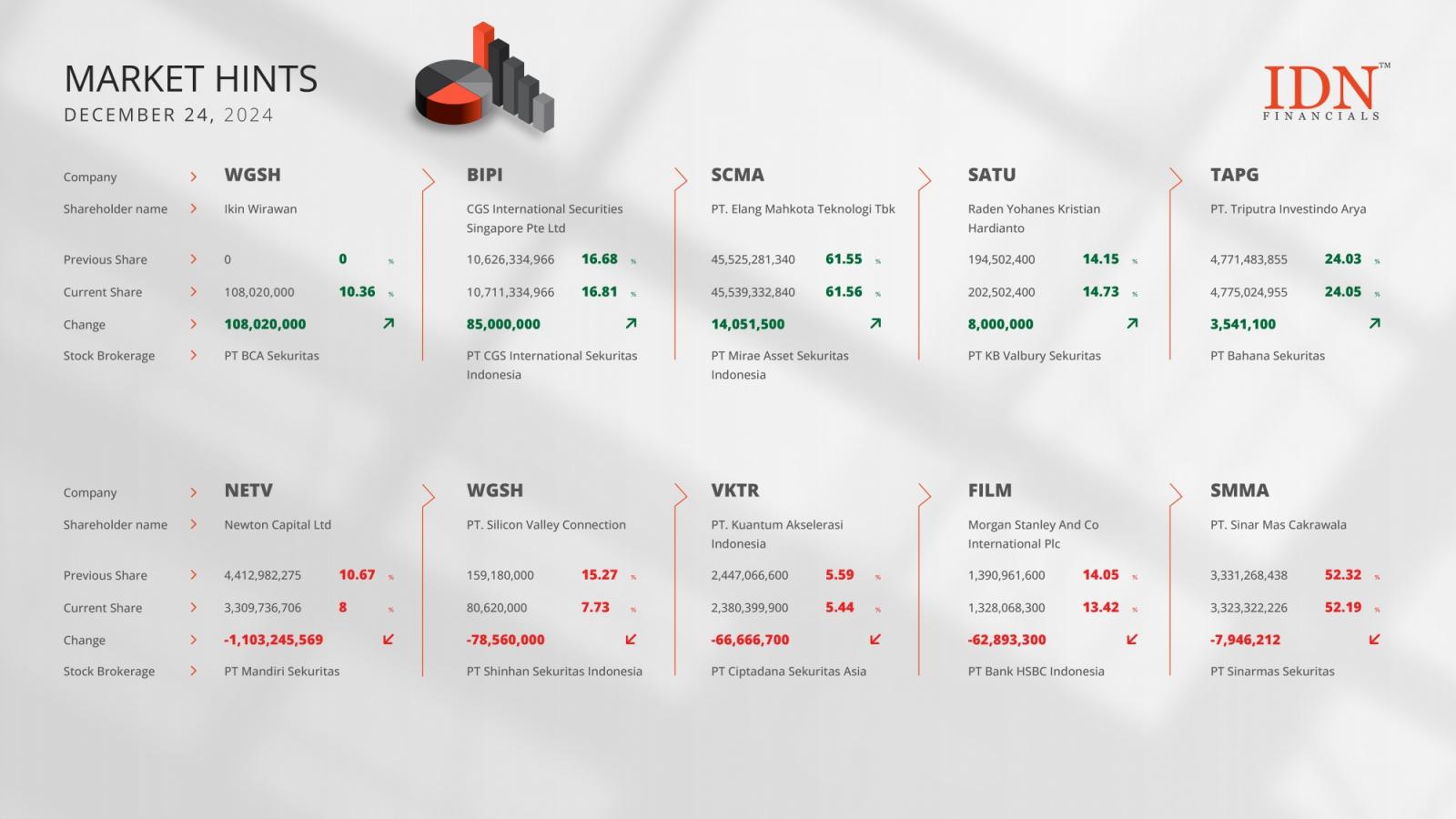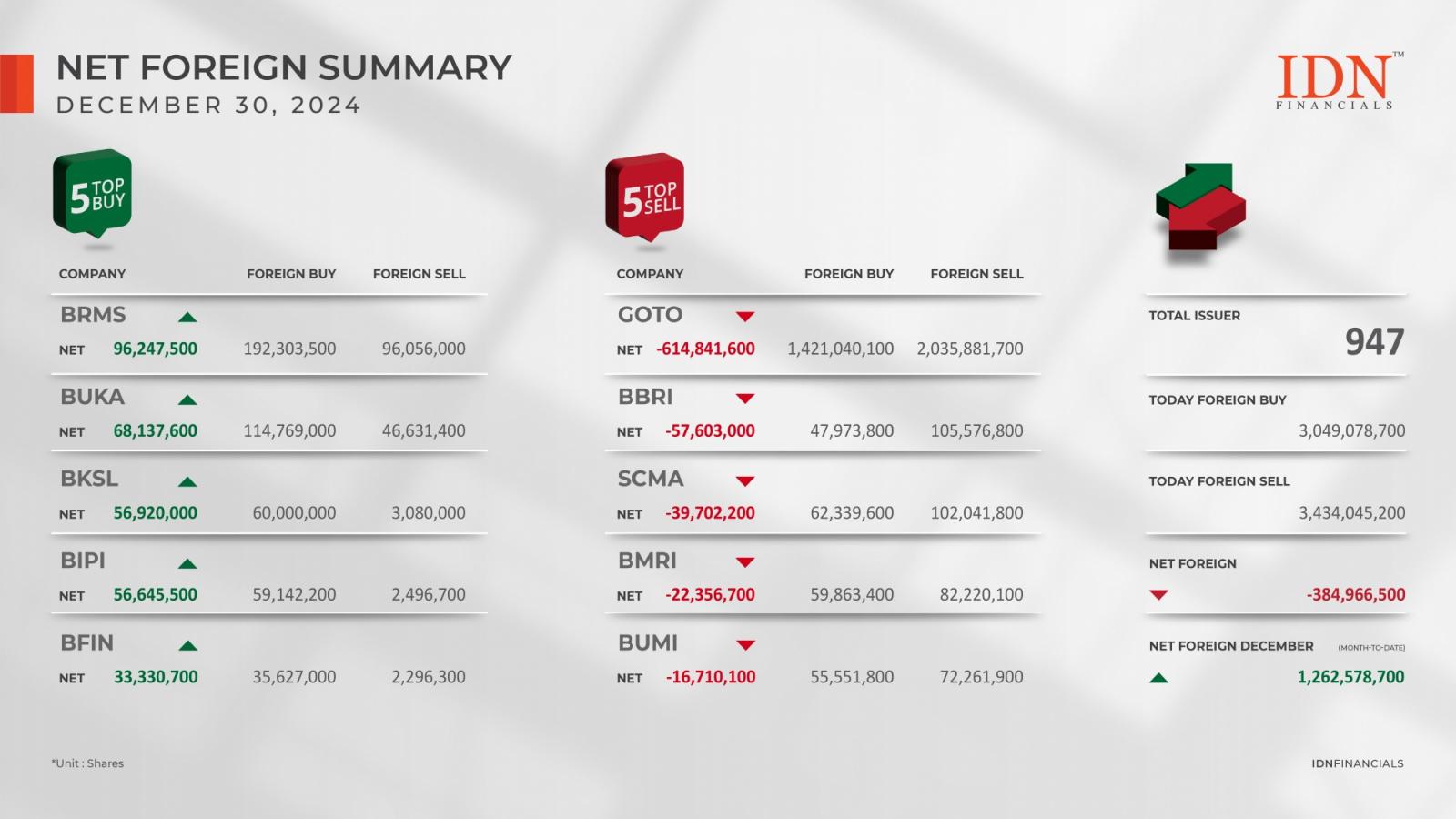Laser Digital – the crypto-focused subsidiary of Japanese asset manager Nomura – has launched an institutionally focused liquid staking fund on Polygon in collaboration with TruFin.
The fund, titled the Laser Digital Polygon Adoption Fund, will provide institutional clients with exposure to Polygon’s native gas token, MATIC, while also tapping into native staking rewards.
Liquid Staking With Laser Digital
Per a press release shared with Cryptonews, the fund is specifically targeted toward sovereign wealth funds, institutional funds, and private asset managers.
“Institutional investors are beginning to understand the benefits and necessity of decentralized security, and this Fund shows that institutions are compelled by the broader ecosystem,” noted Laser Digital.
According to stakingrewards.com, the estimated annual staking reward for MATIC stakers is currently 5.94%. However, using the TruStake liquid staking solution, fund investors can access yield consistnetly higher than Lido’s 5% average while maintaining the freedom to sell their tokens at any time.
TruFin has already partnered with Balacner and Chainlink to maximize the liquidity of the TruMATIC token.
The fund takes advantage of the Polygon AggLayer, which aggregates zero-knowledge proofs from all connected blockchains, boosting liqudiidty and transaction speed while maximizing the fund’s operational efficiency. It will first become available to investors in the United Kingdom following relevant registrations and regulatory approvals.
“Laser Digital Asset Management aims to transform DeFi investment opportunities into investable TradFi solutions,” said Sebastien Guglietta, Head of Laser Digital Asset Management.
“Leveraging TruFin technology and its integration with Polygon’s AggLayer, we are making Polygon-Matic digital asset investment accessible, in the most secure, and efficient way for institutional investors.”
Another Boon For Polygon Adoption
Colin Butler, Global Head of Institutional Capital at Polygon, added that getting institutional investors involved with staking would boost the overall security of the Polygon network.
Polygon is one of the leading layer 2 scaling networks for Ethereum (ETH) – the largest smart contract blockchain by volume and market cap.
Thanks to Ethereum’s recent Denucun upgrade, the cost of “rollups” on Polygon – batches of transactions that are later settled to the Ethereum blockchain – is expected to drastically fall following the latter’s Feijoa update. It’s also a slight boon for Polygon staking, since Ethereum L1 settlement costs became slightly cheaper.
While liquid staking is DeFi’s most popular use case, prominent developers like Vitalik Buterin have warned that the phenomenon is pushing networks like Ethereum toward centralization.





